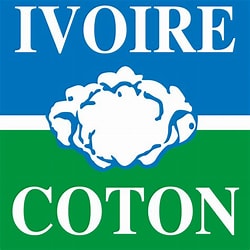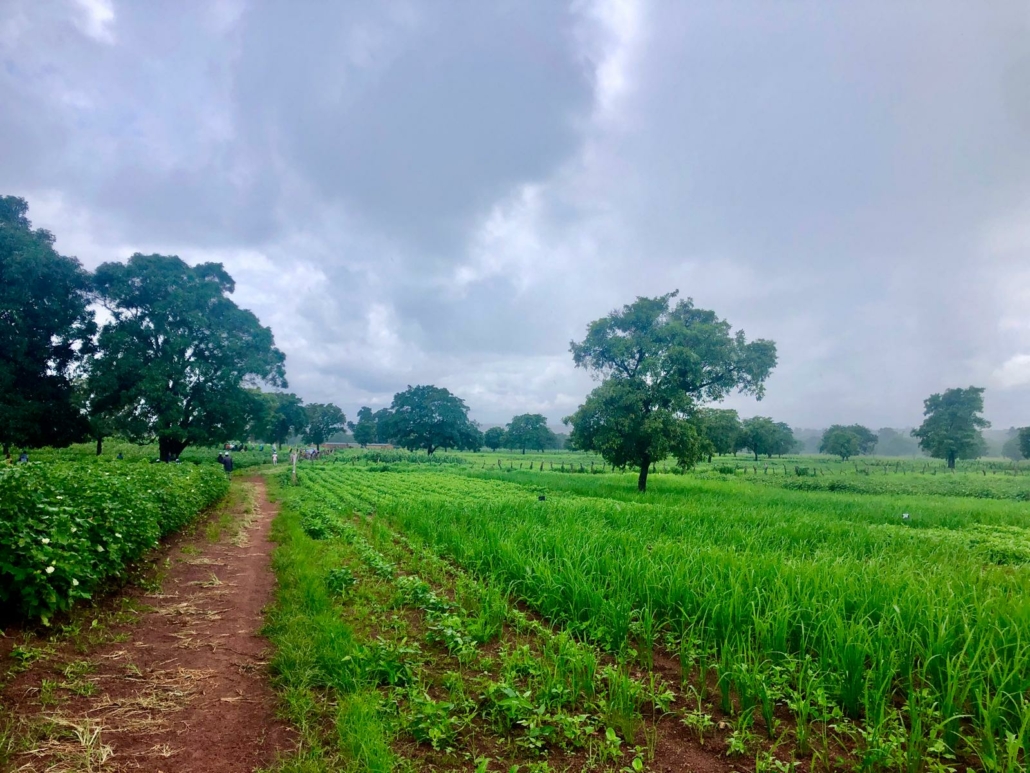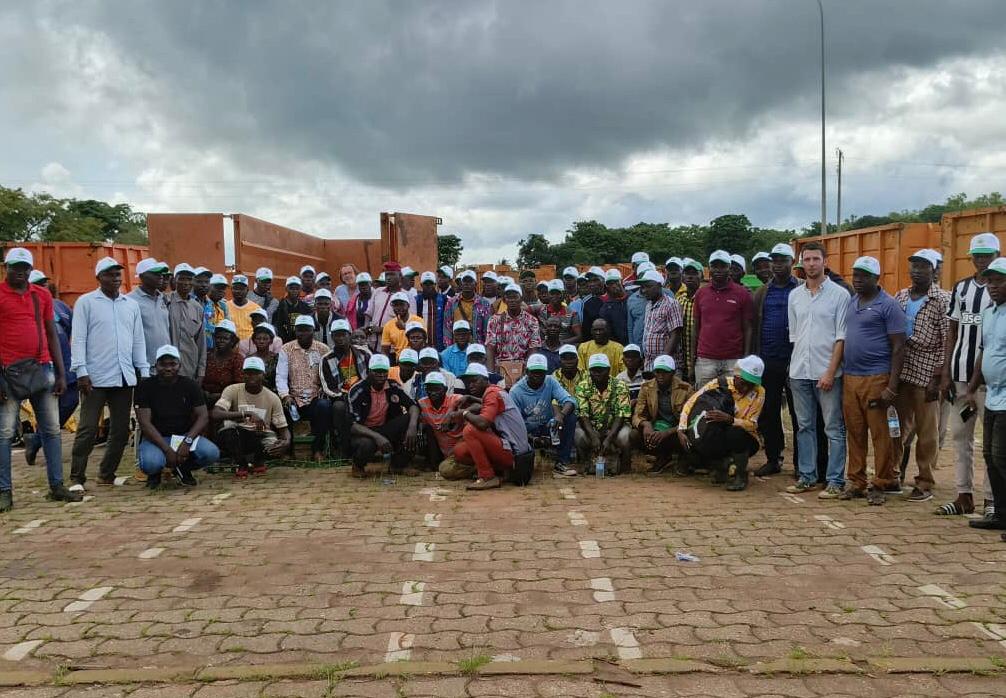For the past two decades, farms in the north of Côte d’Ivoire have been faced with soil degradation. Intensive cotton growing, the end of fallow land and heavy rainfall are leading to erosion and the loss of soil organic matter. To address these soil fertility issues, Cirad, in partnership with Ivoire Coton and Fert, has set up a long-term trial over 3 hectares at a farmer’s home in M’Bengue (Savanes) as part of the Mecawat project in 2023.
With Cirad, Ivoire Coton et Fert, the aim is to improve the management of locally practised cotton-cereal-legume rotations, by developing productive agro–ecological systems that are less restrictive, using new mechanised tools.
The innovations tested include :
- Optimising crop rotation, with cotton, maize, rice, soya, cowpeas, etc.
- Increasing the restitution of biomass to the soil by using cover crops for fertiliser and/or fodder (crotalaria, stylosanthes, brachiaria, pigeon pea, etc.) combined with crops.
- Developing alternatives to ploughing: strip-tillers, organic matter spreaders, seeding wheels, etc.
Located at the edge of the field and regularly visited by farmers from the neighbouring cooperative, the trial has been attracting attention ever since it began. To disseminate the initial results, the plot hosted a demonstration day on 4 September 2024, attended by 115 growers from Korhogo, Boundiali and M’Bengué. As well as a tour of the different crops grown, the participants were shown the production of cover crop seeds and the tools currently being developed.
The feedback has been very positive: ‘We need machines to make our work easier, but they must be adapted locally, and we can see that ploughing is not the only solution. We want to take advantage of the cover crops to feed our oxen in the dry season: all this makes the trial very interesting and makes us want to try it, because it’s really done in our own way.’
The MECAWAT trial continues to progress, with a particular focus on soil (regular analyses) and economic results (comparison of margins). The tools being tested will be further improved between now and the next planting season and tested under real conditions by volunteer farmers in 2025. In parallel with advisory services provided by Fert, Ufacoci (the umbrella organisation for cotton cooperatives in Côte d’Ivoire) and the region’s cooperatives, this trial will provide farmers with lasting innovations for sustainable, less restrictive cereal-cotton-legume systems.









